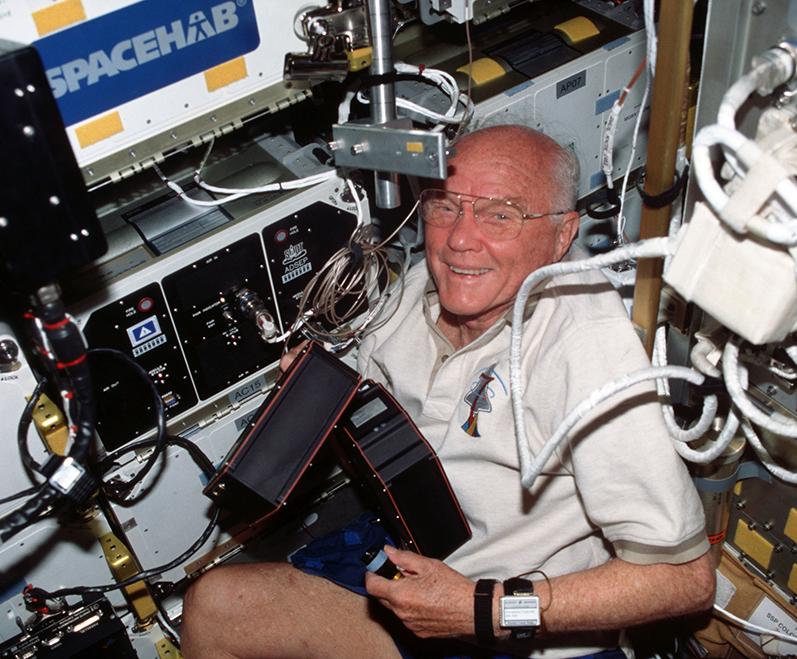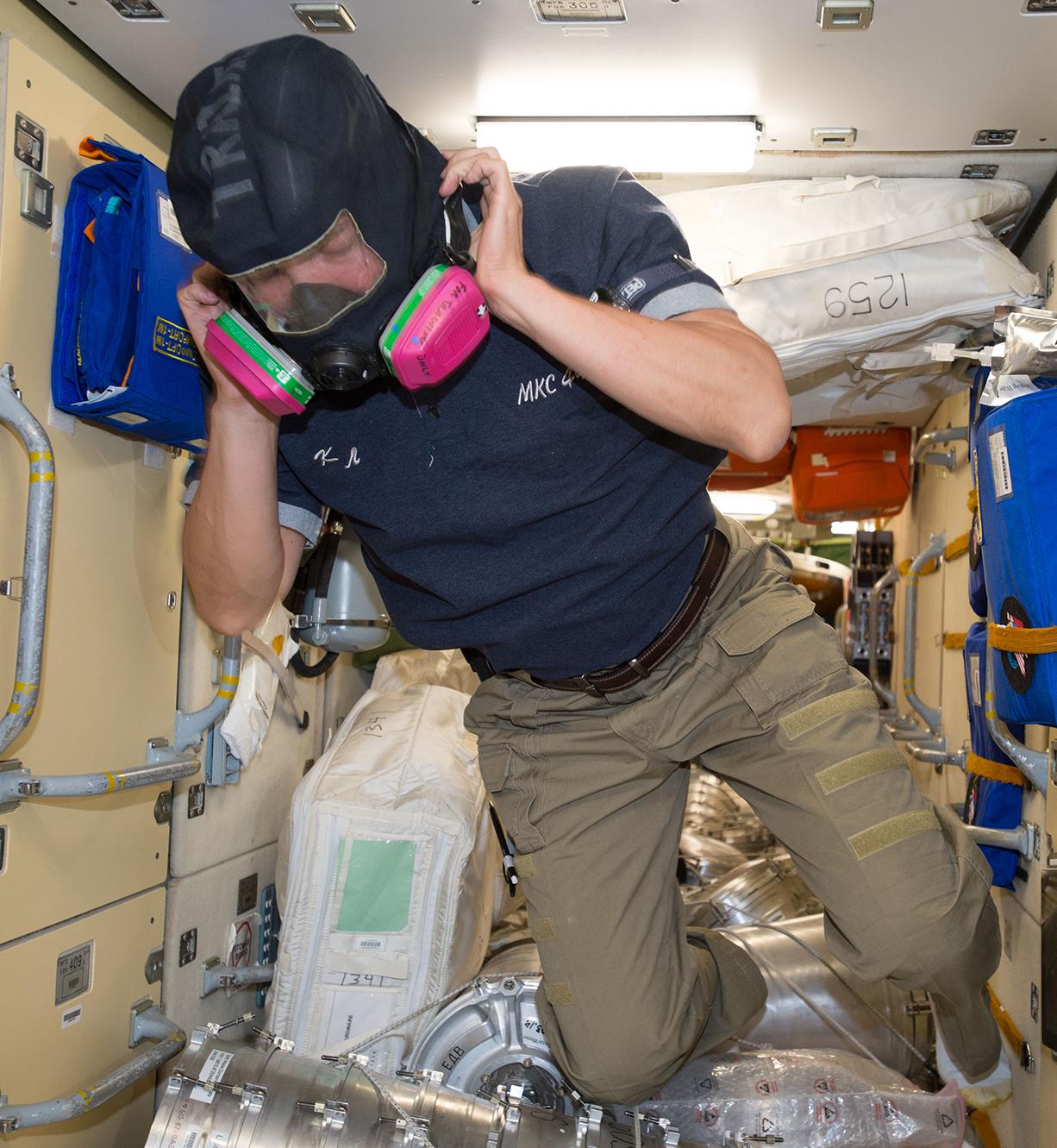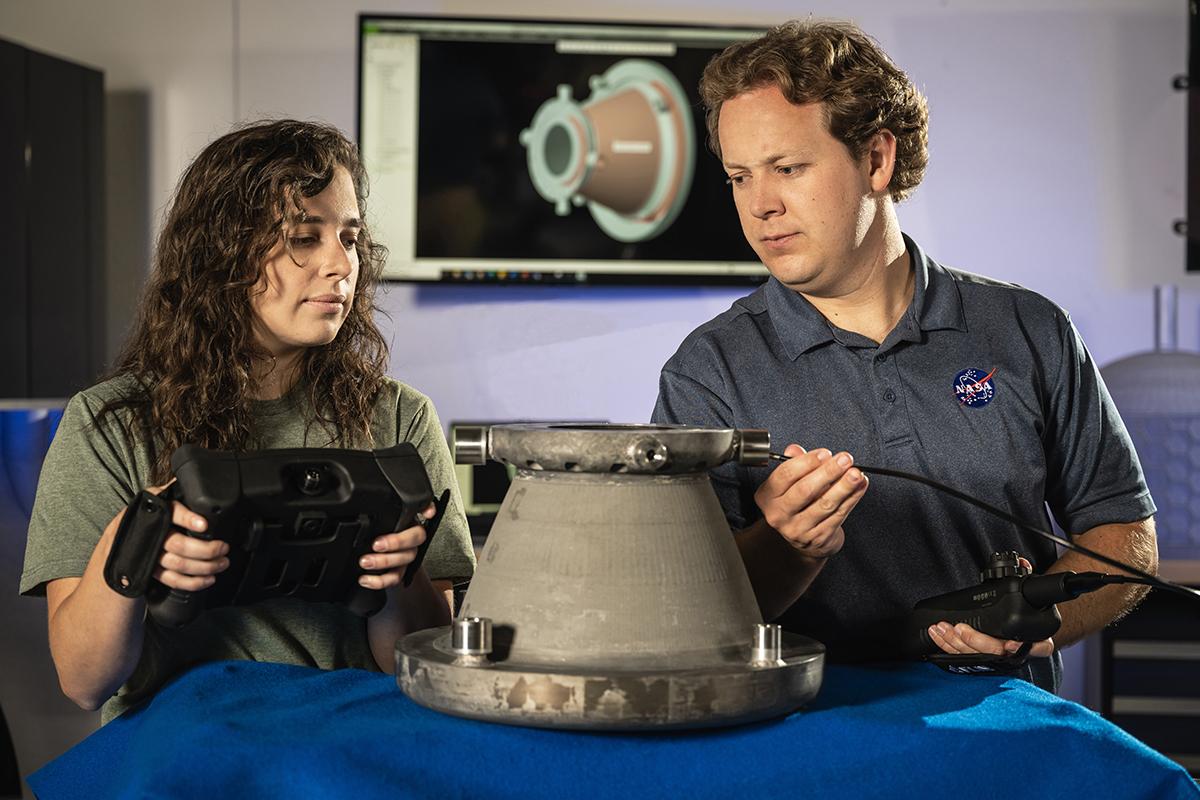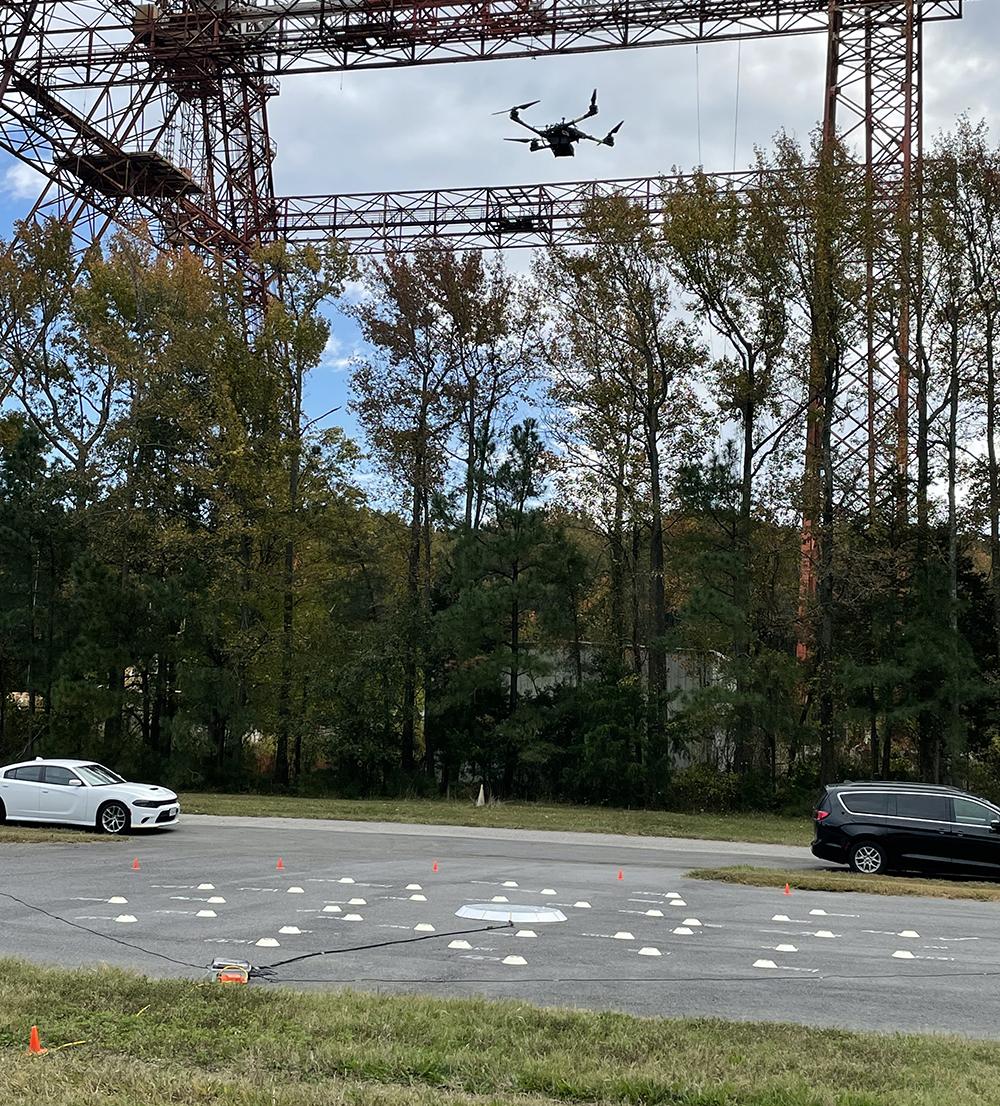Waterjet Impeller
North American Marine Jet Inc. (NAMJ), Benton, Arkansas manufactures waterjet propulsion systems for such craft as fishing boats, fire boats, houseboats and excursion boats. The company's newest line of marine jets incorporates NASA technology that, company president Leonard Hill expects, will make NAMJ significantly more competitive in a market long dominated by European and Pacific-area manufacturers.
Looking for ways to match the technological advances of his competitors, Hill attended a propulsion symposium at Marshall Space Flight Center (MSFC) and learned that technological assistance was available to him under NASA's Technology Transfer and Commercialization Program.
Hill and his design staff sought advice from MSFC as to the efficacy of a proposed design for a new impeller, planned as the heart of a new line of marine jets. The Computational Fluid Dynamics (CFD) branch of MSFC's Structure and Dynamics Laboratory used advanced CFD techniques, including creation of a three-dimensional computer model of the impeller, to analyze the design and concluded that it would not provide the desired propulsive performance.
With Marshall input, NAMJ modified the design and a second analysis indicated that the redesigned impeller would meet or exceed NAMJ's specifications. MSFC then used a 3D computer model of the modified system to make a solid polycarbonate model of it. NAMJ was then able to have a metal prototype cast directly from a ceramic mold made directly from the polycarbonate.
The NAMJ experience not only exemplifies the kind of NASA assistance available to industry, it is also an example of the important time saving possible through adoption of MSFC's rapid prototyping technology. Under the center's Rapid Prototyping Program, which involves the direct production in three dimensions of a prototype from a computer-aided design, MSFC is developing technologies designed to enable sharp time/cost reductions in manufacturer's design-to-product development cycles. Ordinarily, NAMJ would have spent weeks creating a solid model of the impeller in a laborious, costly multistep process. The work of MSFC's Materials and Processes Laboratory and the use of rapid prototyping techniques allowed avoidance of many time-consuming and costly steps in creating the impeller model.

Leonard Hill of North American Marine Jet and Dinah Higgins of Marshall Space Flight Center display an impeller blade made by advanced rapid prototyping techniques.













